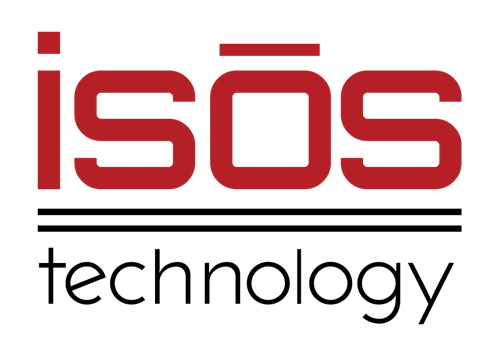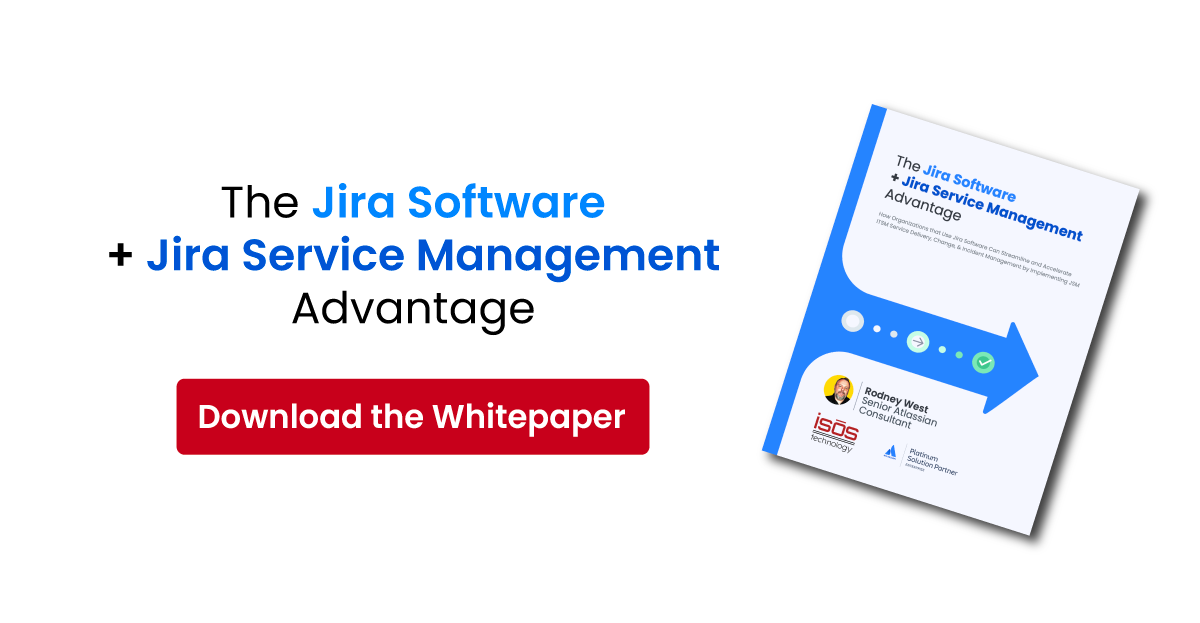 DevOps (Development and Operations) is a cultural and professional methodology that emphasizes a set of practices, tools, and philosophies designed to automate and integrate the processes between software development and IT operations teams. The primary objective of DevOps is to shorten the system/software development lifecycle while delivering features, fixes, and updates frequently and reliably in alignment with business objectives.
DevOps (Development and Operations) is a cultural and professional methodology that emphasizes a set of practices, tools, and philosophies designed to automate and integrate the processes between software development and IT operations teams. The primary objective of DevOps is to shorten the system/software development lifecycle while delivering features, fixes, and updates frequently and reliably in alignment with business objectives.
DevSecOps, or development, security, and operations, is a technical and organizational methodology that expands on DevOps by integrating security testing and audits into the software development lifecycle. The goal is to build security into products, rather than applying it after they're finished. DevSecOps can include tools and processes that encourage collaboration between developers, security specialists, and operations teams.
I want to emphasize that DevOps and DevSecOps are not products, they are methodologies.
Jira supports both DevOps and DevSecOps by providing tools and integrations that enhance collaboration, automation, and visibility throughout the software development lifecycle. However, the focus and features differ slightly between the two methodologies, reflecting their respective emphases on general operations and security.
At a DevOps level, Jira allows organizations to bring all the vulnerabilities their powerful security tools identify directly into Jira Software and workflows. Once security tools are connected with Jira, you can filter and triage vulnerabilities under the Security Tab by linking Jira issues or creating new ones to ensure the work is tracked and assigned to the correct persons to address the vulnerabilities. Once configured, this process can become automated, saving valuable time and resources.
How Jira Supports DevOps
Atlassian believes in the open DevOps principle—that DevOps teams should be able to use the tools that best serve them—so the ability to integrate with the CI/CD tools of your choice is a key advantage for DevOps teams that use Jira. Another important advantage is Jira’s powerful, native automation engine, which reduces repetitive manual tasks, freeing engineers to work on higher-level tasks.
Following is a short list of these and other key ways Jira supports DevOps teams.
1. Continuous Integration/Continuous Deployment (CI/CD)
- Build and Deployment Integrations: Jira integrates with CI/CD tools like Jenkins, GitLab, Bamboo, and GitHub Actions to automate build, test, and deployment processes.
- Pipeline Monitoring: Track the status of builds and deployments within Jira, providing visibility into the development pipeline.
2. Collaboration and Communication
- Real-Time Notifications: Integrations with communication tools like Slack or Microsoft Teams keep teams informed about the status of tasks, deployments, and incidents.
- Confluence Integration: Document processes, share knowledge, and maintain up-to-date documentation within Confluence, which can be linked to Jira issues.
3. Automation
- Automation Rules: Set up automated actions for issue transitions, notifications, and repetitive tasks, reducing manual effort and streamlining workflows.
4. Monitoring and Incident Management
- Monitoring Tool Integrations: Connect with monitoring tools like New Relic, Datadog, and Splunk to create Jira issues based on performance metrics and alerts.
- Incident Tracking: Use Jira to track incidents, assign tasks, and ensure timely resolution.
5. Custom Workflows
- Tailored Workflows: Design workflows that match your DevOps processes, including steps for code reviews, testing, and deployment approvals.
How Jira Supports DevSecOps
Jira is packed full of functionality to support more secure code development and testing processes, as well as compliance. Integration and automation play a key role here, too, enabling you to use the best-of-breed security solutions that are best for you, and again, relieving engineers of the burden of repetitive tasks.
Following is a short list of these and other key ways Jira supports DevSecOps.
1. Security Integration
- Static and Dynamic Analysis: Integrate with security tools such as SonarQube, Checkmarx, Veracode, and OWASP ZAP to automatically generate issues from static and dynamic security analysis.
- Container and Cloud Security: Use integrations with tools like Aqua Security, Twistlock, or Cloud Security Posture Management (CSPM) tools to monitor and manage container and cloud environment security.
2. Automated Security Testing
- Security Testing in CI/CD: Integrate security testing into CI/CD pipelines to automatically scan code for vulnerabilities at each stage of the development process.
- Vulnerability Management: Automatically create and manage Jira issues based on vulnerability scan results, ensuring that security issues are tracked and addressed promptly.
3. Compliance and Auditability
- Audit Logs: Maintain detailed logs of all changes, providing an audit trail for compliance purposes.
- Custom Fields and Reporting: Use custom fields to capture compliance-related information and generate reports to demonstrate adherence to security standards and regulations.
4. Security Incident Response
- Incident Management: Track security incidents in Jira, document the response process, and ensure timely resolution and communication.
- Playbooks and Documentation: Link Confluence documentation to Jira issues to provide security playbooks and incident response procedures.
5. Security Workflow Customization
- Security-Specific Workflows: Create workflows that incorporate security reviews, threat modeling, and risk assessments as part of the development process.
- Approval Gates: Implement gates in the workflow that require security sign-off before code can progress to the next stage.
Understanding the Differences: How Jira Is Tailored to DevOps vs. DevSecOps
By tailoring its features and integrations to the specific needs of DevOps and DevSecOps, Jira helps organizations streamline their development processes while ensuring that security is an integral part of the workflow.
Following are some key ways Atlassian has tailored Jira to each of these critical methodologies:
1. Focus
- DevOps: Primarily on continuous integration, deployment, and operational efficiency.
- DevSecOps: Emphasizes incorporating security practices and testing into every stage of the development and deployment process.
2. Tool Integrations
- DevOps: Integrates with tools for CI/CD, monitoring, and incident management.
- DevSecOps: Adds integrations with security testing and vulnerability management tools.
3. Workflows
- DevOps: Custom workflows for code reviews, testing, and deployments.
- DevSecOps: Custom workflows that include security reviews, vulnerability assessments, and compliance checks.
4. Automation
- DevOps: Automates build, test, and deployment processes.
- DevSecOps: Automates security scanning, vulnerability detection, and compliance reporting.
Popular Security Tools with Jira Integrations
If you are looking to level up your DevSecOps practices by integrating your security solutions with Jira, chances are that many of the tools you are using already have integrations available.
Following is a list of well-known security tools that integrate with Jira, categorized by their types:
1. Static Application Security Testing (SAST)
- SonarQube: A tool for continuous inspection of code quality and security vulnerabilities.
- Checkmarx: Provides static code analysis to identify security flaws.
- Veracode: Offers a comprehensive set of static analysis tools.
2. Dynamic Application Security Testing (DAST)
- OWASP ZAP: An open-source tool for finding security vulnerabilities in web applications.
- Burp Suite: A popular tool for web vulnerability scanning.
3. Container and Cloud Security
- Aqua Security: Focuses on securing containerized environments.
- Twistlock (Palo Alto Prisma Cloud): Provides security for containers and cloud-native applications.
4. Vulnerability Management
- Nessus: A vulnerability assessment tool that helps identify potential vulnerabilities.
- Qualys: Offers a suite of tools for vulnerability management and compliance.
Documentation and Support Pages
Most security tools have official documentation and support pages that detail how to integrate with Jira. Look for sections on integrations, plugins, or API usage.
Examples of Integration Documentation:
- SonarQube and Jira Integration: SonarQube Documentation
- Checkmarx and Jira Integration: Checkmarx Documentation
- Veracode and Jira Integration: Veracode Documentation
Community and Forum
The Atlassian Community and other tech forums like Stack Overflow can be valuable resources for finding integrations and getting help from other users who have implemented similar setups. If you’re headed to Stack Overflow, I recommend using tags like [jira], [security], [integration] to find relevant discussions.
Exploring these resources can provide comprehensive information about the security tools that integrate with Jira, enabling you to enhance your DevSecOps practices.
Looking to elevate your DevOps and DevSecOps practices with Jira? We're here to help you harness the full potential of Jira to streamline your workflows, enhance collaboration, and boost productivity. Contact us today to learn how we can customize Jira solutions to fit your unique needs and take your projects to the next level.
Sign up to receive more great content
Learn more about Atlassian and how Isos can help by signing up to receive our latest blogs, eBooks, whitepapers and more.













